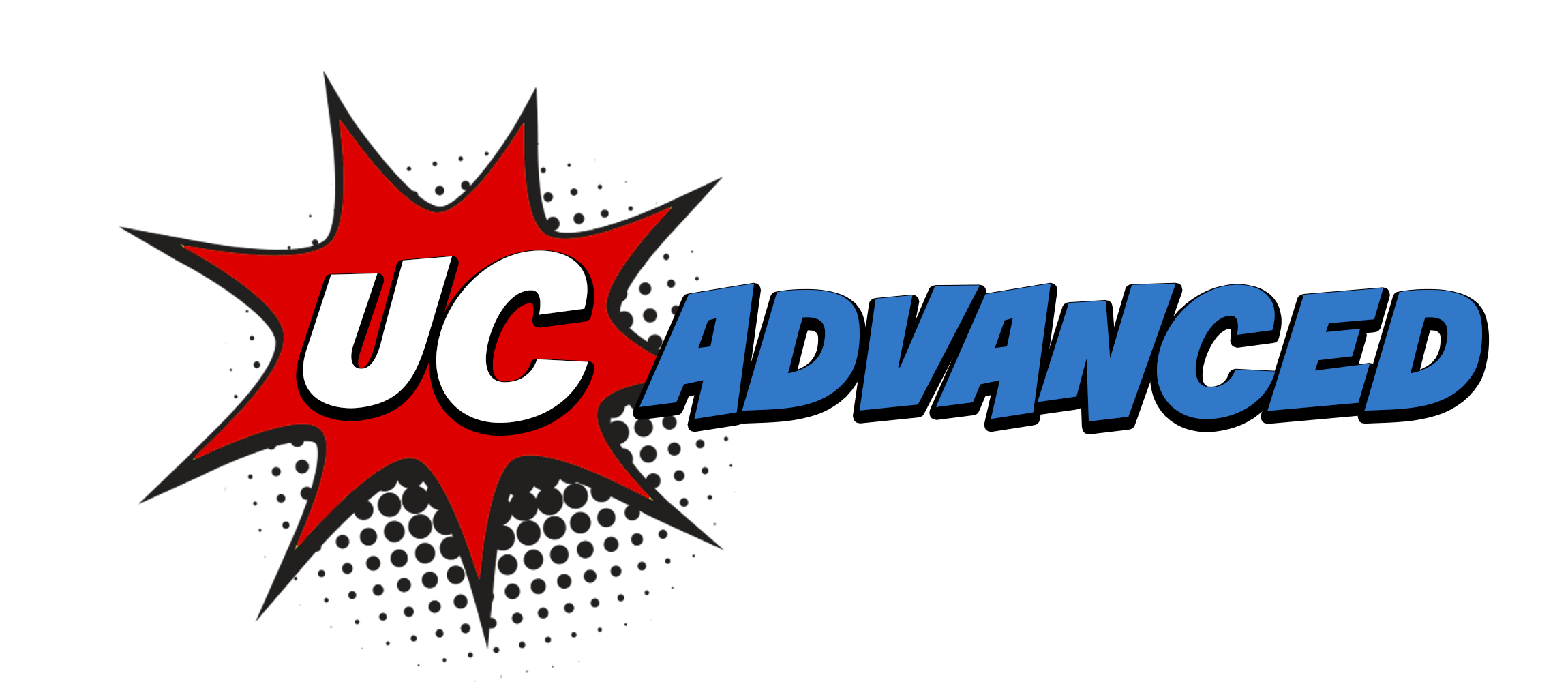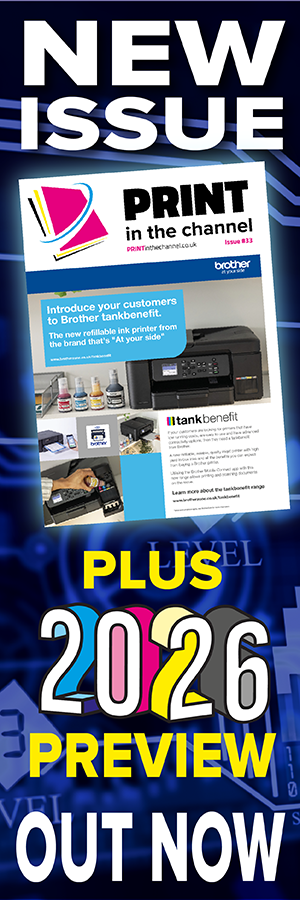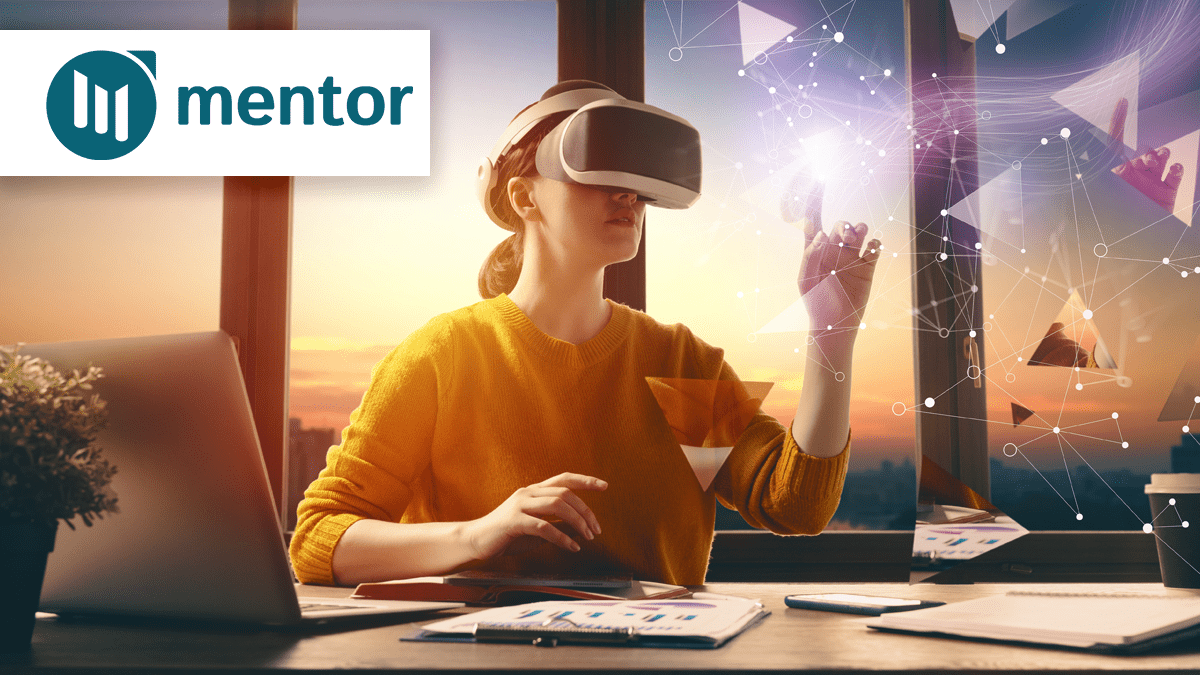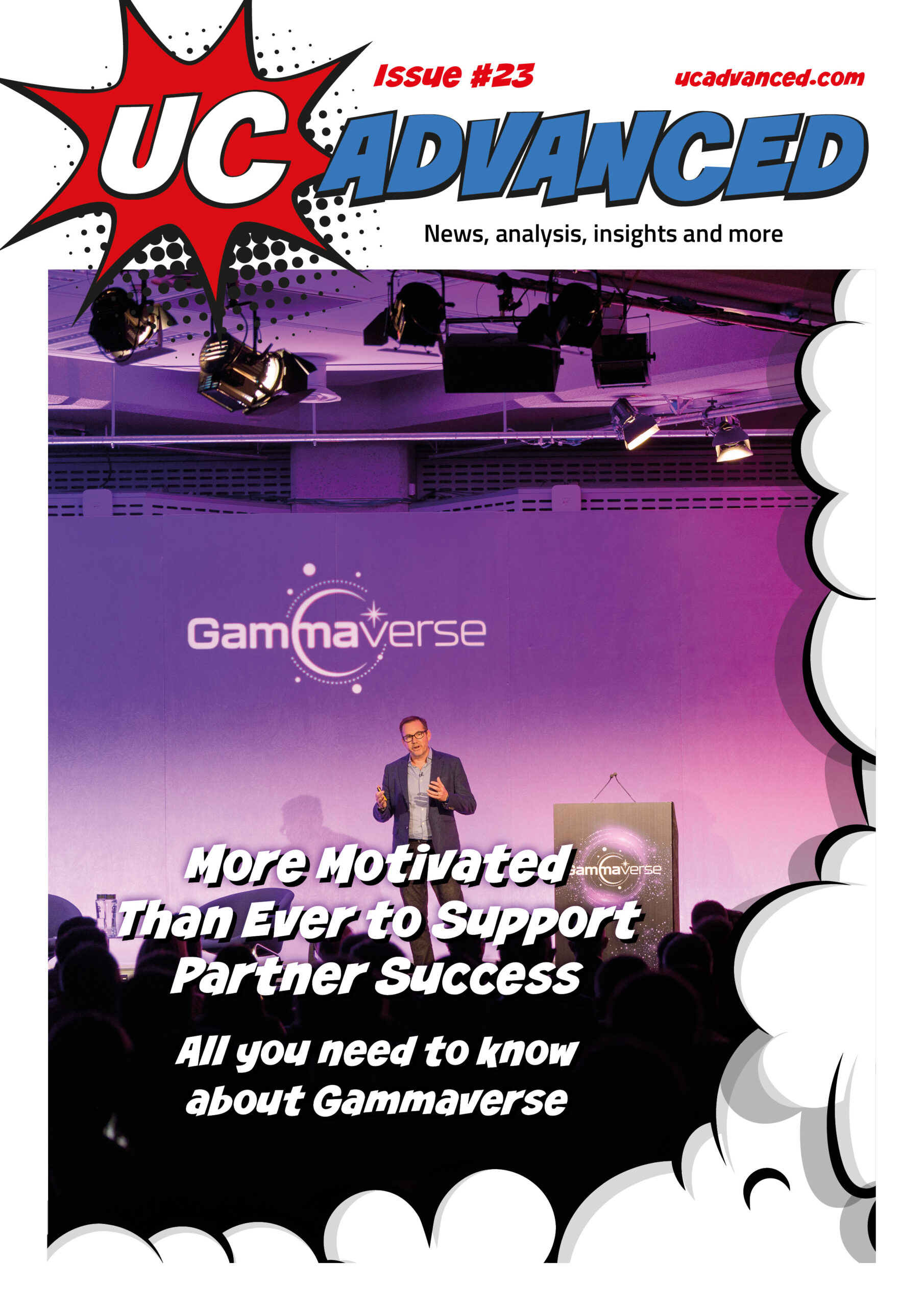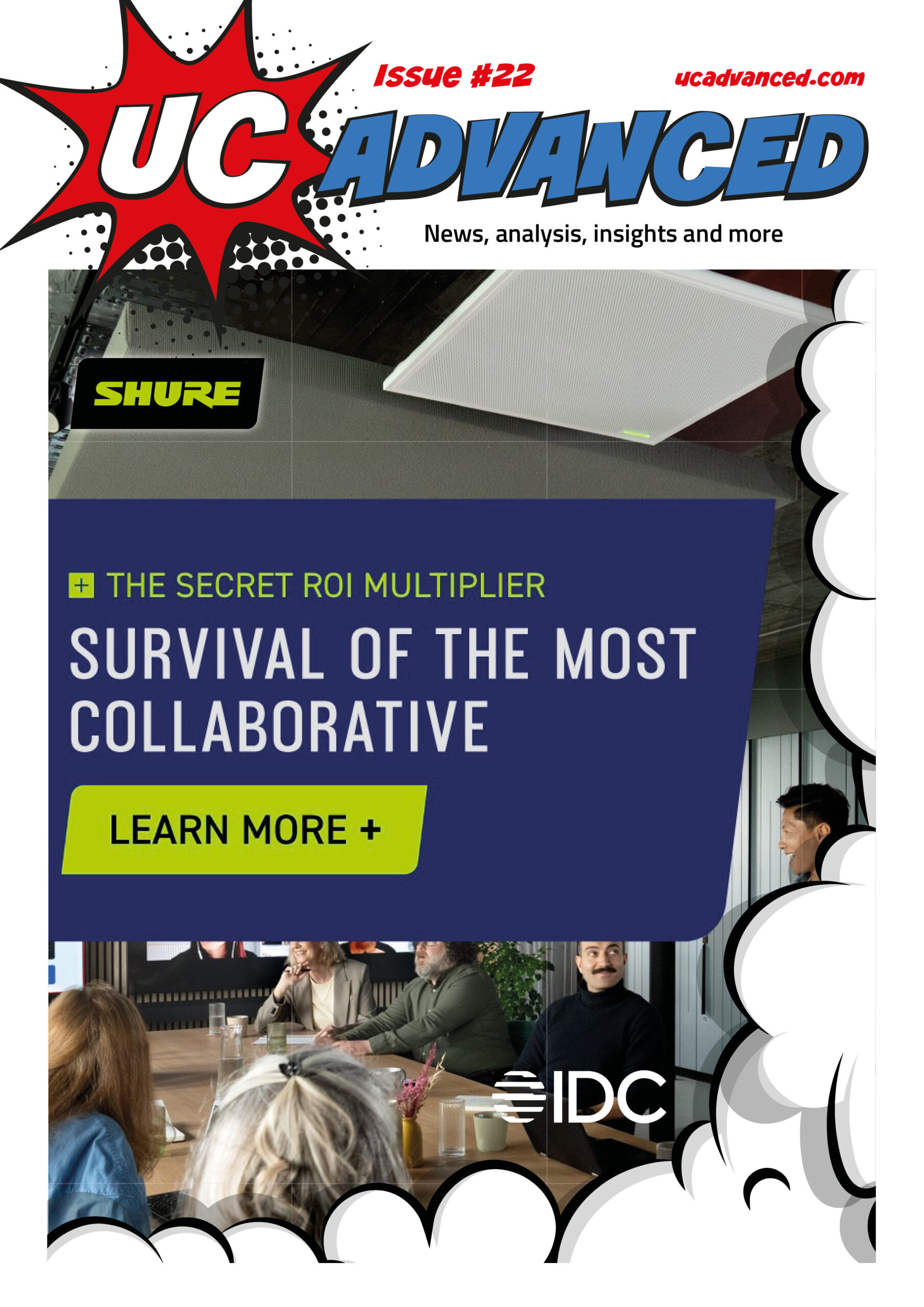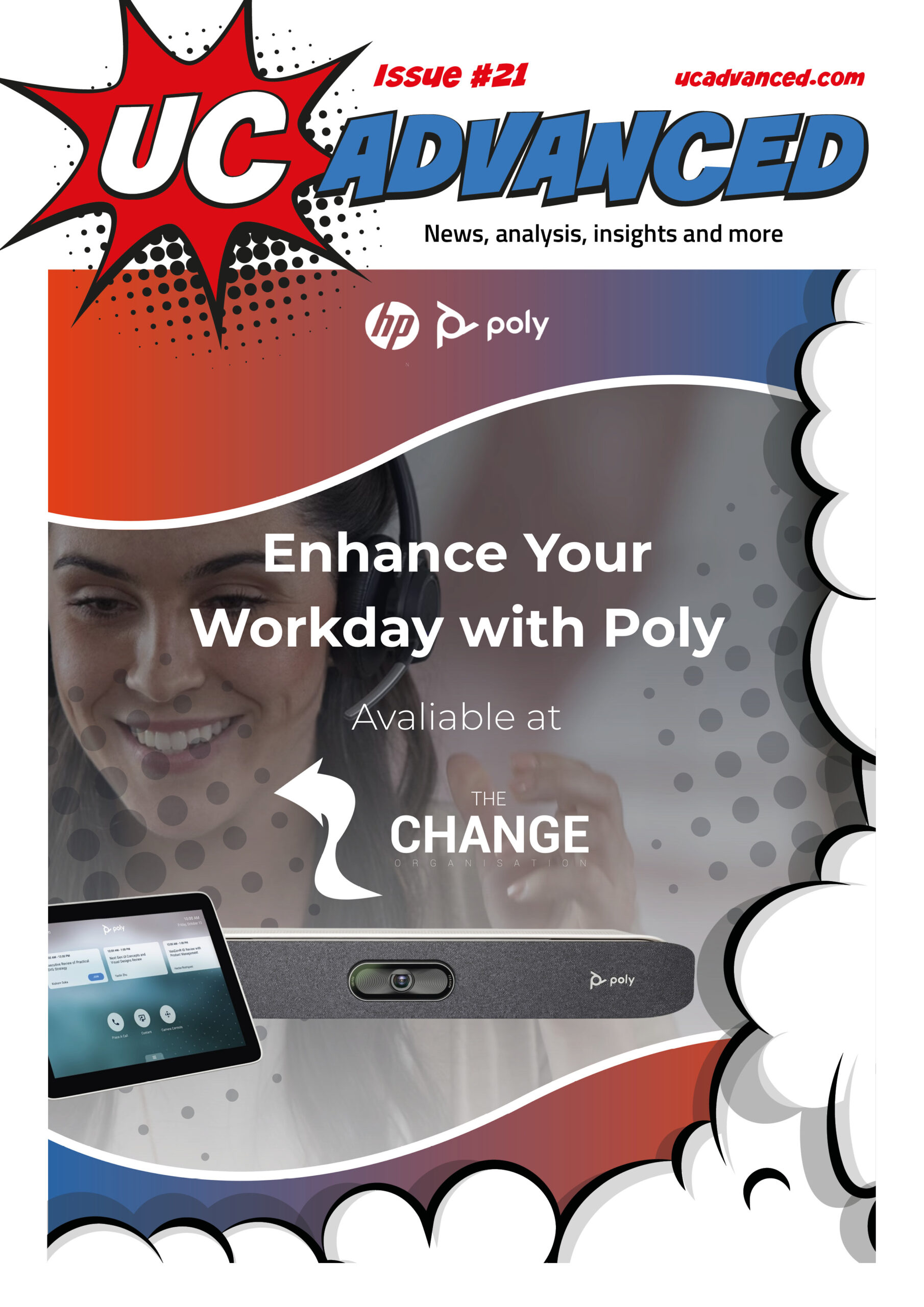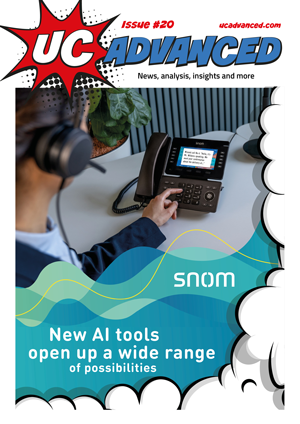One of the perennial challenges for sales teams is selling products that they may not be familiar with or ones that have many specifications or features. Technical products demand a deeper level of understanding and expertise, which can often place sales professionals in a difficult position.
UC Advanced had the opportunity to catch up with James Barton, Chief Solutions Officer at Mentor Group, a leading provider of advanced sales training solutions based in Hertfordshire. UC Advanced was keen to find out the inside story about Mentor Group’s Virtual Reality Training solutions. Virtual reality technology relies on the use of wearable headsets to create fully immersive virtual environments that users can explore and interact with. Whilst this technology can be used for direct learning, Mentor Group’s approach is to use the technology to reinforce learning.
Selling the Knowledge
While salespeople are adept at building relationships and closing deals, they may not always possess the nuanced technical knowledge required to answer in-depth questions from potential buyers. This gap is particularly evident in consultative selling, where the buyer expects insights and detailed information from the seller. James Barton tells UC Advanced, “There is always a discussion around whether sales professionals need to have the technical know-how in order to successfully sell technical products. In most cases, salespeople are backed up by technical pre-sales or a product manager, which allows them to focus on building solid relationships without having to worry about the technical aspects of the product or service they are selling.
This works well when the seller is honest with the buyer about their level of technical knowledge. All too often we see this go wrong when sellers pretend to have that technical knowledge and they can’t get beyond the first level of questioning from the buyer. Where this can really be a problem is in consultative selling, where the buyer wants insights and challenges from the seller, but the seller is not technical enough to address those questions. Although strong account-based marketing can help mitigate against this, it is often not the silver bullet to overcome the issue.”
Bridging the Gap with VR Training
Virtual Reality (VR) training has emerged as an innovative solution to bridge this knowledge gap. According to the Mentor Group, VR training can revolutionise how sales teams learn to sell technical products effectively. Their framework, “Learn, Practice, Embed,” aims to modernise traditional sales training approaches. The VR training component, falling under the “Practice” element of this framework, provides a safe, repeatable environment for salespeople to apply and hone their newly learned skills.
James Barton adds “Too often, sales training is focused on teaching a subject but offers minimal opportunity to practice the skills participants have learnt. As a result, it’s likely that the seller’s first time to practice the skills they have learnt is with a customer.
Our philosophy and one of the driving forces behind our VR initiatives is to provide sellers with a safe and repeatable place to practice. The VR sales training environment allows them to make mistakes without judgement. What this means is that the seller is more polished when they speak with their customers. This training helps support a healthy and non-toxic work environment, which can be detrimental to a seller’s mental health.”
The Emotion Quotient
Traditional sales training often skews heavily towards teaching theoretical concepts, leaving minimal room for practical application. As a result, the first real-world test of these newly acquired skills often occurs during live customer interactions – hardly the ideal setting for trial and error. VR training, however, offers a transformative learning experience by providing a dynamic, immersive environment where salespeople can practice without fear of failure.
James insightfully states “VR training helps connect to participants’ emotional quotient, the measure of their understanding and handling of emotions. Often, sales training sessions can be theoretical which means knowledge retention rates are low. Research* found that VR training has a knowledge retention rate of 75% and this high rate is due to the VR’s ability to generate a strong physical and emotional response from participants. This is particularly powerful when the seller is practicing a tense negotiation, or a customer service representative is having to deal with an angry customer.”
Bridging the Generational and “Techie” Gap
The Mentor Group’s VR training allows participants to engage in gamified scenarios, role-playing, and problem-solving activities. Interestingly, the Mentor Group has observed a generational gap in the adoption and intuitive use of VR technology.
James notes, “It depends on a number of factors. For example, we’ve noticed an obvious generational gap where younger generations have the ability to use the platform intuitively, whereas some of the more experienced sellers need more support. Additionally, it also depends on what the seller’s organisation sells and which sectors they operate in. We’ve seen that salespeople who work for IT hardware companies tend to be far more comfortable with using the technology than those who don’t work in the tech space.
Although there have been these variations in salespeople’s capabilities of using the technology, it’s important to note that everyone is always excited to try it! We’ve seen that for most people, the technology is easy to use and whenever there are any difficulties, we’re always on hand to offer our support.”
Real World ROI
James continues “Our VR sales training platform is cost-effective and can be scaled to meet the varying challenges faced by our clients. It can be delivered in 29 languages and can host synthetic media videos, an umbrella term for AI-generated video content, to help onboard new users.
Additionally, we strive to create a realistic experience for greater diversity and relatability; we are proud to have a diverse range of actors in the VR training environment. Modern sellers strive for innovation and forward-thinking ideas. If you give them the choice, they will likely choose training that offers advanced courses with cutting-edge technology, such as VR, rather than being stuck in a classroom for days on end.”
James adds, “We are currently training over 600 sellers in advanced sales techniques. In the training, they have to meet 12 virtual buyers which emulates a complex enterprise sale. As part of this training, they are expected to bring along a real-world example to apply what they are learning to accounts they manage in their day-to-day job. In the pilot, which was only one of many use cases, a seller brought a deal worth $1 million into the program, and by the time they were finished with our training programme, they had managed to expand the opportunity to over $10 million. Now that’s return on investment!”
VR Builds Confidence and Sales
UC Advanced has to acknowledge that in an era where technology continues to redefine business practices, VR training stands out as a groundbreaking tool for mitigating the challenges associated with selling technical products. By offering a safe, repeatable, and immersive environment for practicing sales techniques, VR training enhances knowledge retention, builds confidence, and prepares salespeople for real-world interactions. The Mentor Group’s success stories illustrate the tangible benefits and impressive ROI that organisations can achieve by adopting this innovative training approach. As VR technology continues to evolve, its potential to transform sales training – and, by extension, sales effectiveness – is limitless.
